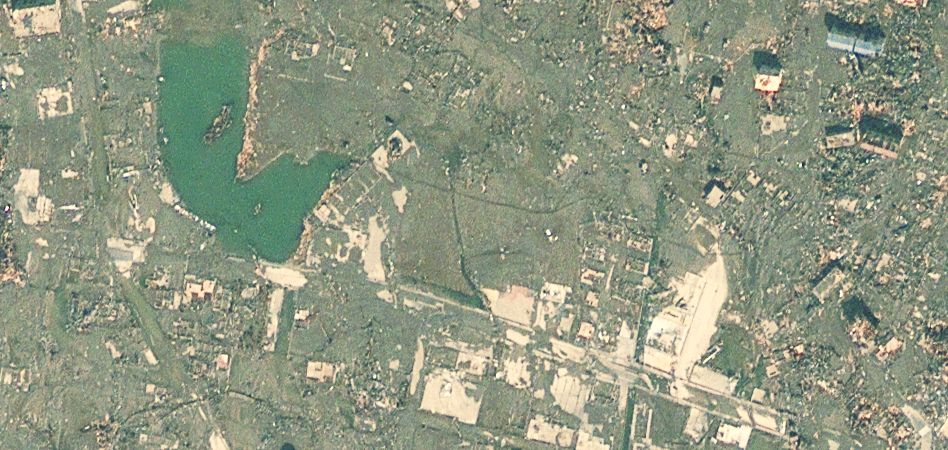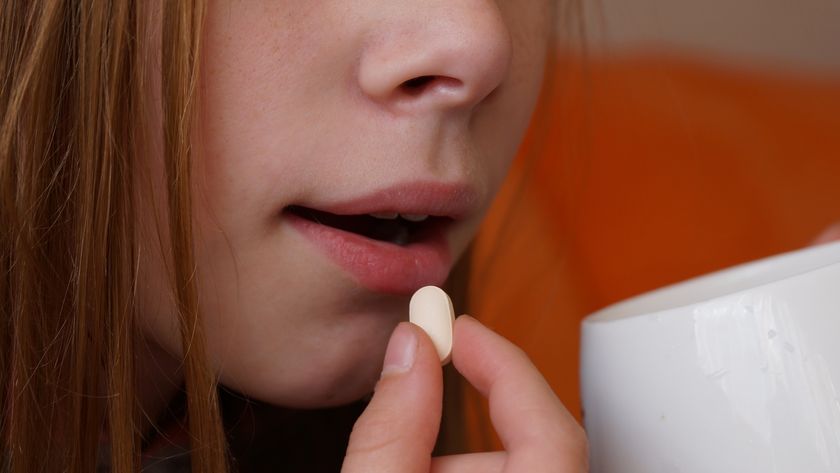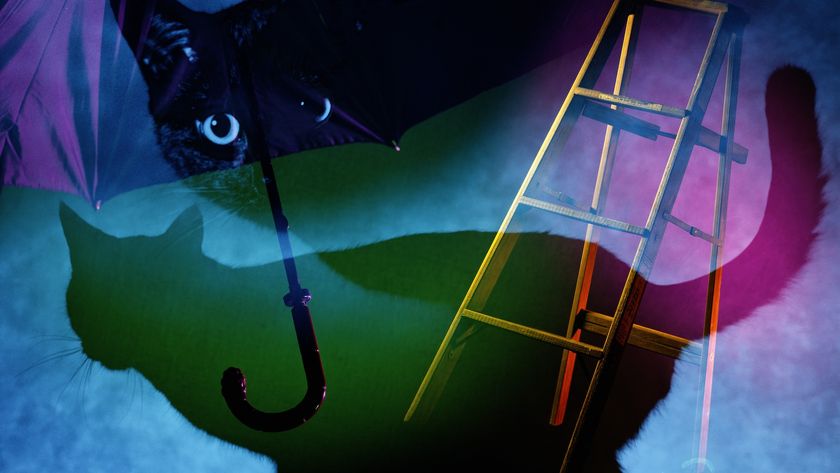Saving Minds with Psychological First Aid

In the aftermath of disaster, the focus is usually on physical first aid: making sure victims are stable and safe. But an increasing number of rescue and recovery experts are adding a mental component to their emergency response. It's called psychological first aid, and the idea is to prevent long-term mental illness following catastrophes.
"It is a move to support people emotionally and psychologically in order to maximize their psychological functioning, said Joshua Klapow, a clinical psychologist at the University of Alabama, Birmingham. "It's very much like physical first aid."
According to Klapow, there are three steps to treating people's psychological needs in the midst of a disaster:
1. Provide for basic physical needs. People need food, shelter and sufficient sleep to feel emotionally safe after a disaster, Klapow said.
2. Give disaster victims the chance to talk about what they're experiencing. This isn't about forcing people to talk before they're ready, Klapow said, but lets them know that they'll be heard when they're ready.
3. Connect victims to others. Social ties are key to helping people bounce back after a traumatic event, Klapow said. Ensuring people are connected with family, friends and community helps prevent social isolation later.
The principles of psychological first aid have become more popular in the wake of 9/11, said Lisa Brown, a professor of aging and mental health disparities at the University of South Florida. Brown and her colleagues have developed a manual for nursing home staff to use to ease resident anxiety during evacuations due to hurricanes or other disasters. [Download a PDF of the manual]
Sign up for the Live Science daily newsletter now
Get the world’s most fascinating discoveries delivered straight to your inbox.
You can follow LiveScience senior writer Stephanie Pappas on Twitter @sipappas.

Stephanie Pappas is a contributing writer for Live Science, covering topics ranging from geoscience to archaeology to the human brain and behavior. She was previously a senior writer for Live Science but is now a freelancer based in Denver, Colorado, and regularly contributes to Scientific American and The Monitor, the monthly magazine of the American Psychological Association. Stephanie received a bachelor's degree in psychology from the University of South Carolina and a graduate certificate in science communication from the University of California, Santa Cruz.











